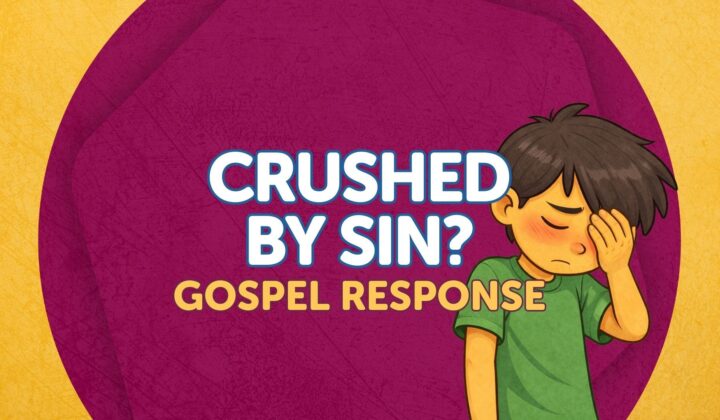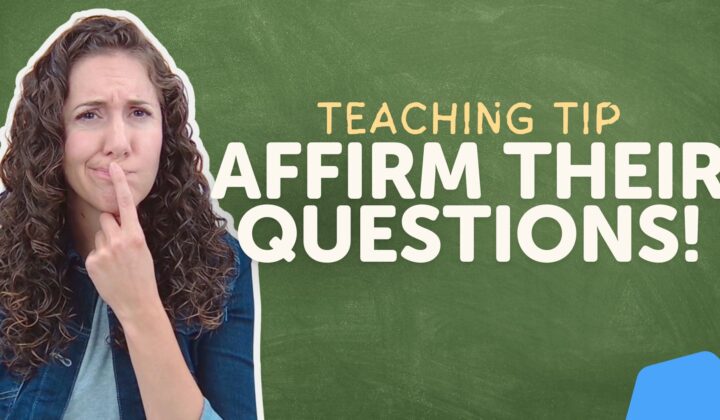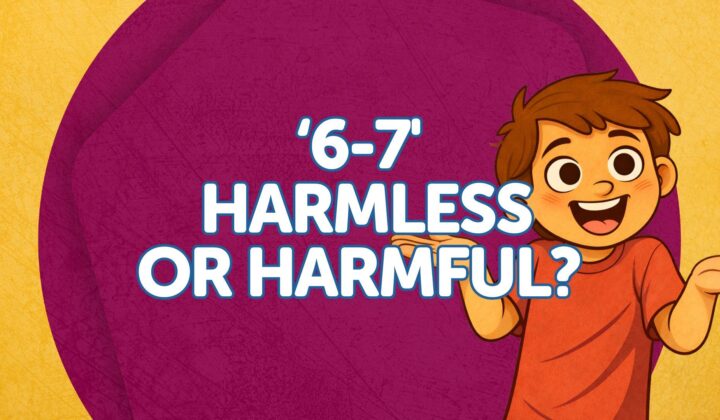Learn more about the journey that led to us equipping kids to carefully evaluate every idea they encounter.
Meet members of our team who have contributed to curriculum development.
Hear from real users of the Foundation Curriculum.
Learn what we believe about God, Jesus, Scripture, and more.
The Worldview Behind the Public Education System
Social media is abuzz this week with the tweets of Matthew Ray, a public-school teacher, who expressed concern over parents now having virtual access to the content he teaches in the classroom. Ray claimed that having parents and siblings around would impact the “what happens here stays here” safe space his students usually experience.
Parents who were already uncertain of what their kids' education would look like this fall are now concerned that these tweets reveal the hidden agenda of every public educator. While I am sure there are many teachers with similar agendas, I know, as a former public school student and educator, that these tweets do not reveal the sentiments of all teachers. What they do reveal is the worldview behind the public education system.
This situation highlights several key questions we should consider when choosing an education model for our children. Since the buzz this week has focused on public education, our post will focus on answering those questions about the public school system.
What is the Worldview Basis of this Educational System?
Few Americans today know how the public education system started. For most of us, education, as public schools conduct it today, is the way education has always been. But this is far from the truth. Public education, as we know it, has been in existence for less than two centuries. And as we explore its inception, the undergirding worldview rises to the surface.
Many of the founding fathers of the US public-school system were humanists who made it their life mission to turn the US into an atheistic society. You see, humanism is a worldview that seeks to create a society based on goodness without God. To their credit, these fathers of public education genuinely believed what they were doing was right. And they worked tirelessly to create an education system that would turn out humanist graduates.
How Has This Worldview Impacted Education?
As these founding fathers used their humanist philosophy to form the public education system, they encountered a problem – the family. Family ties ran so strong that school children continued to cling to their religious upbringing, despite humanist influence. Thus, the founding fathers began implementing methods to break these ties. As Horace Mann put it, “We who are engaged in the sacred cause of education are entitled to look upon all parents as having given hostages to our cause.”[1]
Students were divided into grade-level classes so that siblings were separated. (Have you ever noticed how reluctant many public schools are to place twins or cousins in the same classroom?) And five-day attendance became mandatory. Charles Potter described part of this game-plan when he wrote, “Education is thus a most powerful ally of humanism, and every American school is a school of humanism. What can a theistic Sunday school’s meeting for an hour once a week and teaching only a fraction of the children do to stem the tide of the five-day program of humanistic teaching?”[2]
What Should I Do Now That I Know This?
This humanist education model has been in place for almost two centuries, and it has been fairly successful. Children are outside of the home for eight-plus hours a day. Siblings are separated in different classrooms. And teachers implement a humanist curriculum in every subject. (Even if the teacher is a Christian, the worldview behind the curriculum still assumes humanist principles - only the physical realm is real, humans are the product of unguided evolution, morality is a human invention, etc.) All the while, our country has seen a rapid breakdown of the family and the rise of secularism.
So, what are we to do? Should all Christians pull their children out of public school? Not necessarily. The real danger lies not in choosing a particular method of education for our children, but in failing to be intentional and prayerful in the educational decisions we make.
Knowing the false worldview underpinning the public education system, some Christians will choose homeschooling as a method of instilling a biblical worldview and strengthening family ties. Others will choose Christian schooling to provide a classroom experience taught from a biblical perspective. And others will intentionally choose public schooling for the purpose of being salt and light in their community. Different families will make different educational decisions. The critical factor is that we understand the worldview foundation behind the education system we choose. Such intentionality can help us establish appropriate supports to cultivate a biblical worldview and equip our children to evaluate every worldview claim they encounter.
No, not all public-school teachers share the sentiments of Matthew Ray, and not all Christian families will choose the same educational option for their children. However, as Christians, it is our responsibility to understand the worldview framework in which our children are educated and to prayerfully consider how we will prepare them to navigate the waters.
(If your family has prayerfully chosen public education, we highly recommend you check out our Comparative Worldview Curriculum, which you can use as a family discipleship tool to equip your children to combat the faulty worldview assumptions they will daily face in the classroom.)
[1] Horace Mann, Lectures on Education (Boston, MA: WM. B. Fowle and N. Capen, 1845), p 184.
[2] Charles F. Potter and Clara Potter, Humanism: A New Religion (New York, NY: Simon & Schuster, 1930), p. 128.

About Elizabeth Urbanowicz
Elizabeth Urbanowicz is a follower of Jesus who is passionate about equipping kids to understand the truth of the Christian worldview. Elizabeth holds a B.S. in Elementary Education from Gordon College, an M.S.Ed. in Education from Northern Illinois University, and an M.A. in Christian Apologetics from Biola University. Elizabeth spent the first decade of her professional career teaching elementary students at a Christian school. Elizabeth now works full time on developing comparative worldview and apologetics resources for children. Her goal is to prepare the next generation to be lifelong critical thinkers and, most importantly, lifelong disciples of Jesus.
Related Posts and insights

What Should I Do When My Child Is Crushed by Their Sin?
Help your child process grief over sin biblically. Learn the 5-part arc of identity—from image bearer to sanctification—that gives kids hope and context.

Affirm the Questions of the Children You Are Teaching
Affirm children’s questions to foster curiosity and lifelong learning. Discover a simple, biblical strategy for building a love of learning.

How Should Christians Respond to the "6 7" Trend? Helping Kids Think Biblically About Cultural Phrases
How should Christian parents handle the "six seven" trend? Learn to avoid the genetic fallacy and guide your kids to think biblically about cultural phrases.
